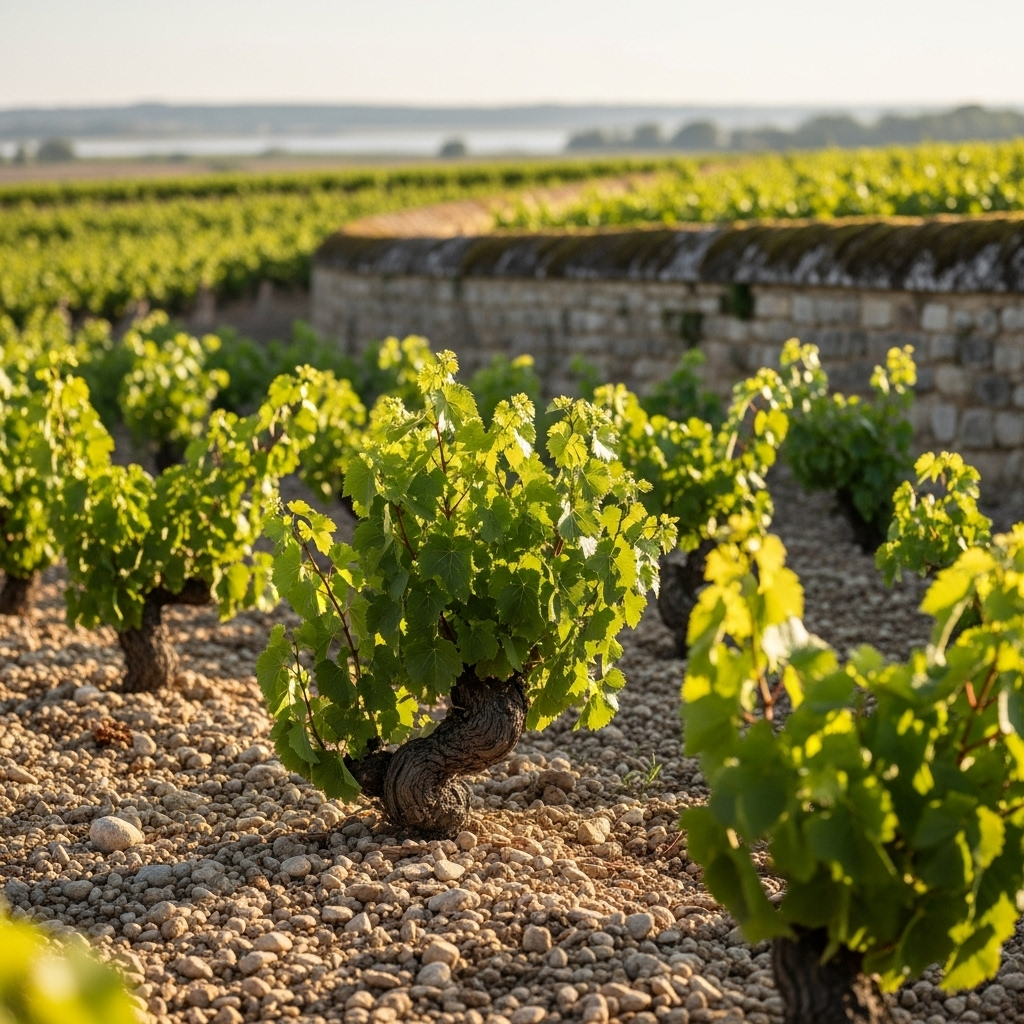
Latour's terroir distinctiveness in Bordeaux
Share
The Unique Characteristics of Latour's Terroir
Latour's terroir is a harmonious blend of geology, climate, and viticulture that sets it apart within Bordeaux. The estate is situated on a unique gravel hilltop in Pauillac, where the well-draining soils foster deep-rooted vines, allowing them to access minerals that contribute to the wine's complexity. The proximity to the Gironde estuary moderates temperature fluctuations, creating an ideal microclimate for grape maturation. This interplay of elements results in wines that are both powerful and elegant, with a distinctive balance of tannins and acidity.
Moreover, the meticulous vineyard management practices at Latour enhance the expression of its terroir. By employing biodynamic principles, the estate ensures that the health of the vines is prioritized, allowing for a more authentic representation of the land in each vintage. This commitment to sustainability not only preserves the integrity of the terroir but also elevates the quality of the wines, making Latour a benchmark for excellence in Bordeaux.
Historical Influences on Latour's Distinctiveness
The historical influences on Latour's distinctiveness are deeply rooted in the rich tapestry of Bordeaux's viticultural heritage. Established in the 17th century, Château Latour has weathered the tides of time, adapting to the evolving demands of the wine market while remaining steadfast in its commitment to quality. The estate's unique terroir, characterized by its gravelly soils and optimal drainage, has been meticulously cultivated over generations, allowing for the production of wines that express both power and finesse.
Moreover, the influence of historical figures, such as the visionary Baron de Brane, who pioneered modern winemaking techniques, cannot be overstated. His legacy of innovation laid the groundwork for Latour’s meticulous vineyard management and vinification processes, which continue to prioritize sustainability and excellence. The estate's storied past, coupled with its unwavering dedication to tradition, shapes the distinctiveness of Latour, ensuring that each bottle encapsulates the essence of its historical lineage while resonating with contemporary palates.
The Impact of Terroir on Latour's Wine Profiles
The influence of terroir on Château Latour's wine profiles is profound and multifaceted, shaping not only the grapes but also the essence of the wines produced. The estate's unique location in the Pauillac appellation, characterized by its gravelly soils, plays a crucial role in drainage and heat retention, allowing Cabernet Sauvignon to thrive. This varietal, often the backbone of Latour's blends, benefits from the terroir's ability to impart structure and depth, resulting in wines that are both powerful and elegant.
Moreover, the microclimate of the region, influenced by its proximity to the Gironde estuary, ensures a temperate environment that fosters optimal ripening conditions. The interplay between the vineyard's topography and climate leads to nuanced flavor profiles, with notes of dark fruit, spice, and earthy undertones emerging in each vintage. As a result, Latour's wines reflect not just the skill of the winemaker but the very land from which they originate, making each bottle a testament to the estate's distinct terroir.
